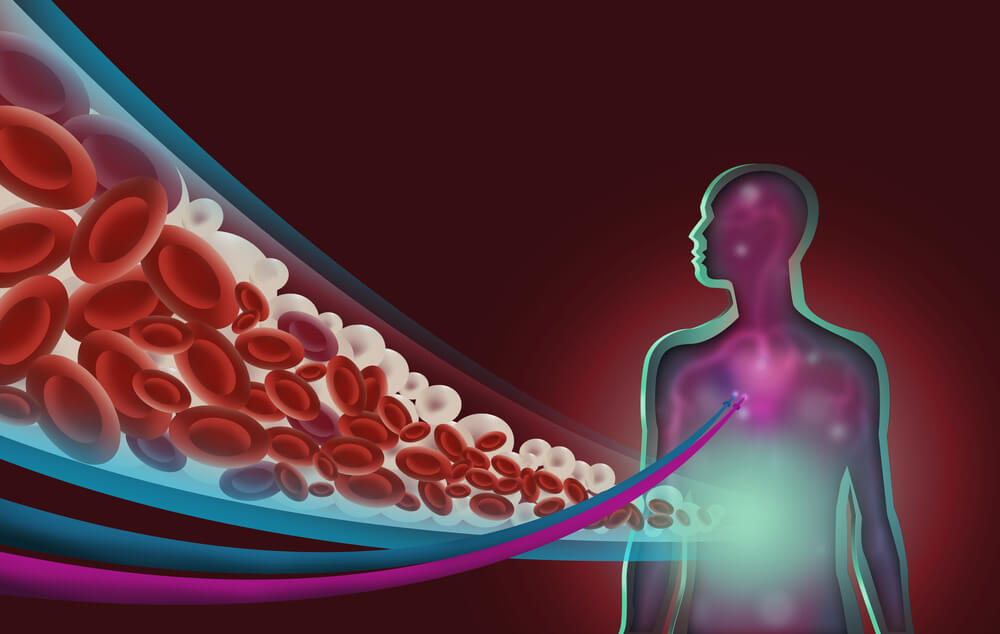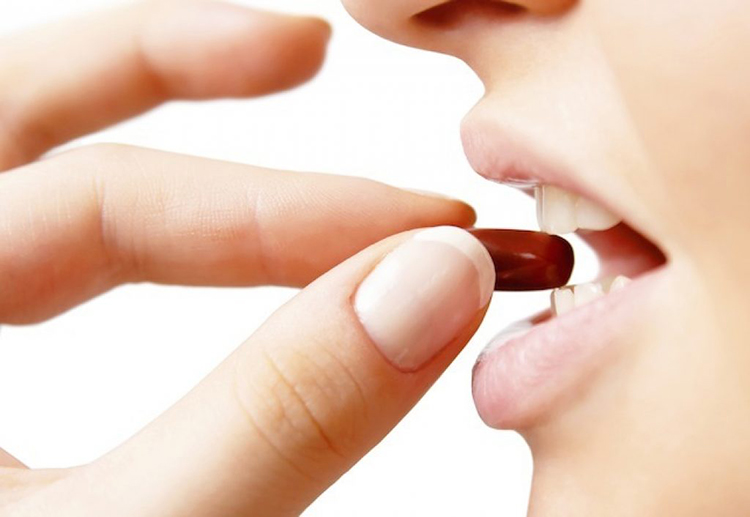A man’s greatest fear is to be emasculated. Men take pride in their manhood, and the perception or reality of losing it is a devastating proposition. Here is everything you need to know about Testosterone Replacement Therapy.
Low testosterone (or “low T”) affects millions of men around the world, causing such side effects as loss of sex drive and fatigue, which can lead to depression.
Testosterone decline, as unsettling as it is, is a natural process — levels begin to decrease about 1 percent per year starting at about age 60, but it can begin as early as a man’s 30s.
Fortunately, the process can be countered with natural remedies or medical intervention. The crucial first step is to get testosterone levels tested via a blood test.
Here’s everything men should know about low testosterone and testosterone replacement products.
1 in 4 men over 30 has low testosterone
This stat has been heavily circulated since it published in 2007. The study was done by the Endocrine Society, a hormone research firm that sets standards for testosterone therapy treatment.
The study also found that approximately 30 percent of men ages 40 to 79 are affected by hypogonadism, a condition marked by testosterone levels below 300 ng/dL (nanograms per deciliter). The symptoms of this condition include muscle atrophy, weight gain, exhaustion, depression, poor sleep and disinterest in sex, among other side effects.
An Endocrine Society study from 2012 provided another compelling conclusion.
The study analyzed testosterone measurements in more than 1,500 men and found that declining testosterone was more likely due to lifestyle behaviors than the natural aging process.
The researcher also found that those who were obese, depressed or unmarried were more likely to suffer from low-T.
If you’re experiencing the symptoms of low testosterone, investigate all other possible health issues that may be factors. There are likely several lifestyle changes you can make to be healthier and promote testosterone health.
Low Testosterone is on the rise
Two studies have confirmed a rise in lowering testosterone. One study done in the U.S. showed a 22 percent drop in testosterone over a seventeen-year span. This exceeds the rate of which testosterone levels drop naturally.
Dr. Jason Phan has a hypothesis on why testosterone is on the decline. It is due to epigenetics – how the environment we live in affects genetic makeup. The water we drink, the air we breathe and the foods we consume affect the way we replicate and transcribe genes. This is a possible cause for an increased amount of chronic diseases such as hypogonadism.
Another possible cause of low testosterone in men is the increase in phytoestrogens in our foods – from soy products to genetically modified foods (GMO). These organisms are ingested and change the microbiome of the gastrointestinal system of the human body. 99 percent of our genetic makeup has been found in the bacteria in our digestive system.
The way we assimilate to our environment affects our bodies in numerous ways.
Symptoms of Low-T
Testosterone supports bodily functions like sex drive, sperm production, building muscle, fat distribution, bone density and red blood cell production. Without knowing the symptoms of low-T, it’s obvious that healthy testosterone levels are important.
Here are possible side effects:
- Better Family – Product Review Liquid Daily 2 oz - Dec 16, 2024
- Post-Workout Recovery: The Key to Optimal Performance - Nov 25, 2024
- Pre-Workout Supplements – Everything You Need To Know - Nov 18, 2024











